Allulose is a non-nutritive sweetener and has a negligible amount of calories. But is allulose keto? Find out whether you can have it on a low-carb diet.
You may have heard of allulose as a sugar substitute but are wondering if it’s safe and healthy for you. Because as keto dieters, we want the sweet stuff without its consequences – blood sugar spikes and getting kicked off ketosis. You get the idea.
Here’s what you need to know.
What Is Allulose?
Allulose is a sugar substitute that is also called D-Psicose. It’s a rare sweetener because it can only be found in certain foods in small amounts. These foods include wheat, raisins, jackfruit, and figs. Surprised? Yes, it’s possible that you’ve consumed allulose without even knowing it 1.
For food manufacturing, brands that sell low-carb products add it to yogurt, sugar-free protein bars, and cereals. If you’re into baking, allulose can be used for your keto cookies and other goodies.
Study shows that allulose has zero energy. Containing very few calories, allulose even exerts health benefits that help prevent a person from developing diabetes, thanks to its hypoglycemic and hypolipidemic properties 1, 2.
According to the FDA,
allulose produces only negligible increases in blood glucose and insulin levels.”
So the answer to your question – it will not spike your insulin 3.
Ketosis is a low-glucose, low-insulin state in which your body burns fat instead of carbs for energy. The fact that allulose supports this makes it a popular option for those on a keto diet.
Furthermore, the FDA states that manufacturers must still include allulose in the total carbohydrates on the nutrition label. But again, keep in mind that it doesn’t impact your blood sugar.
Speaking of carbohydrates, do you subtract allulose from carbs?
Here’s how to do it if you’re keeping track of your daily carb intake:
Subtract the amount of allulose in grams from the total amount of carbs on the nutrition facts. (Total carbs – grams of allulose)
Is Allulose OK for Keto?
Allulose is a keto-friendly sweetener. Being low in carbohydrates and calories (only 0.4 calories per gram of allulose), it’s a great option for those who are trying to stay in ketosis and achieve weight loss.
One thing that makes allulose “superior” to other keto sweeteners is that it has low fermentability and is well-tolerated by the gut 4. Meaning, you’re less likely to experience bloating, abdominal pain, and other digestive issues. This is a common frustration in some people who react to erythritol.
Back to the topic of weight loss – in a randomized controlled trial, subjects who were given allulose as supplementation achieved a decrease in BMI and they lost fat in their abdomen 1.
Just keep in mind that if you want to control your sweet tooth once and for all, use allulose only in moderation. At the end of the day, steering clear of anything that tastes sweet is the best way to overcome cravings. That includes keto-friendly treats.
Other Sweetener Substitutes
Are there more sweeteners for a low-carb diet besides allulose? Luckily, you’ve got various options. These sweeteners contain little to no calories and net carbs. Check them out:
- Stevia
- Erythritol
- Monk Fruit
- Sucralose
- Xylitol
- Yacón Syrup
Now that you know that allulose is approved on a keto diet, you might want to start replacing sugar with this healthier alternative. Last but not least, it’s always a good practice to speak with a physician if you’re trying to reduce your carbs and keep your blood glucose under control, especially if you have a medical condition.
Takeaways
- Allulose is less likely to kick you out of ketosis because it has a negligible impact on your blood sugar and insulin, according to the FDA.
- The other name for allulose is “D-Psicose.”
- It can be incorporated into your baked goods low-carb goodies!
- Therefore, allulose is one of the best keto-friendly sweeteners you can have.
- This sugar alternative will not cause gut issues such as bloating, making it safe and well-tolerated.




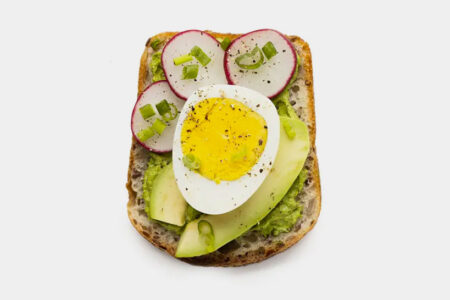
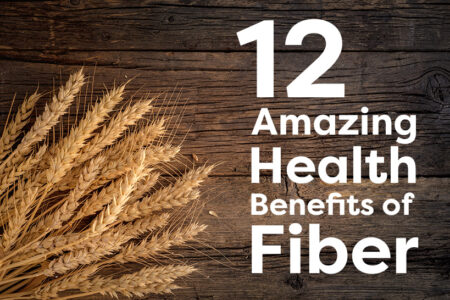



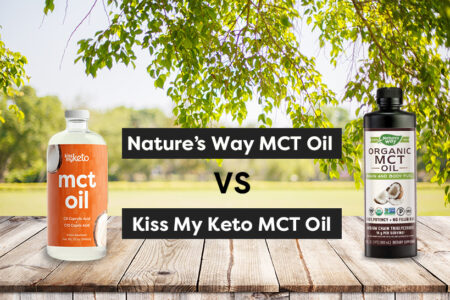
![Juicing for Weight Loss: Everything You Need to Know [Plus Recipes]](/wp-content/uploads/2019/08/Juicing-for-Weight-featured-image.jpg)

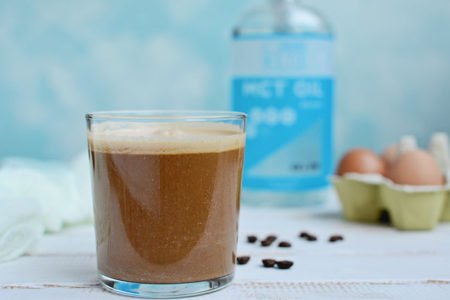
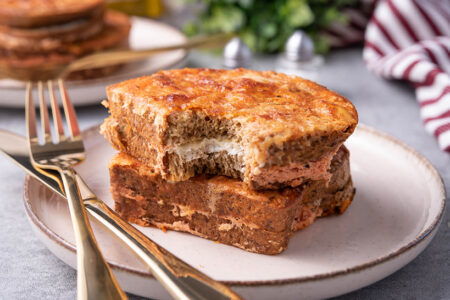
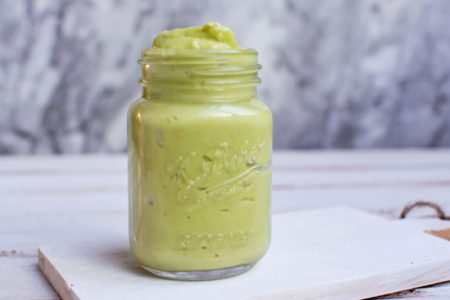


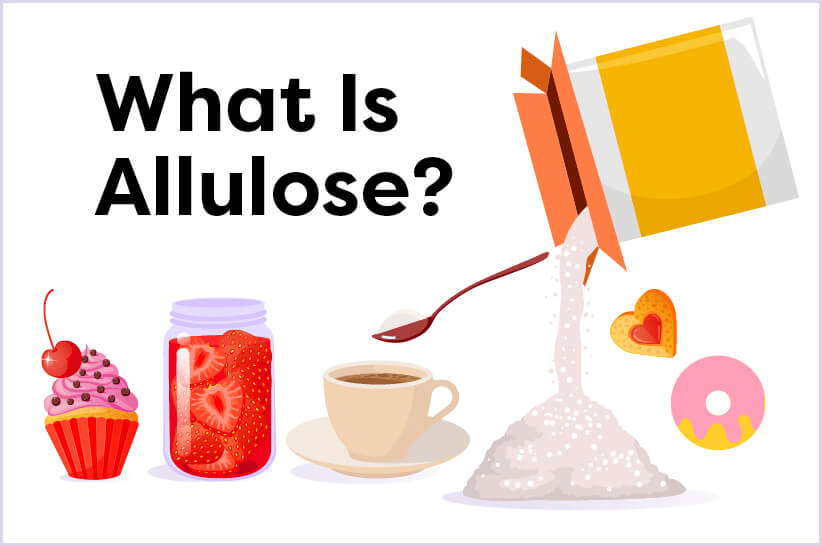
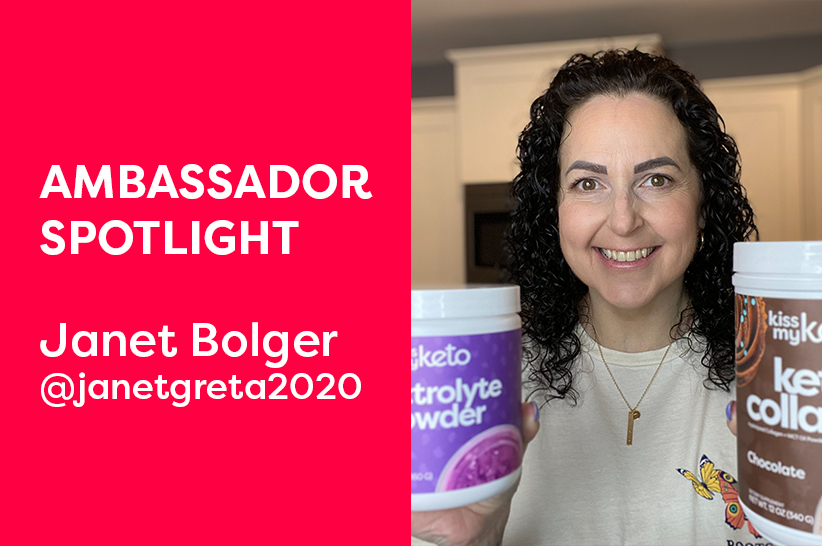

It appears to kick me out of ketosis. Nothing else changed in my diet except for the allulose in my new low carb cereal. I think if you eat too much it will stop ketosis.